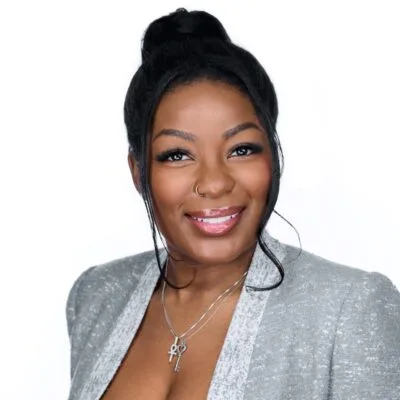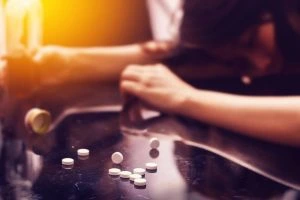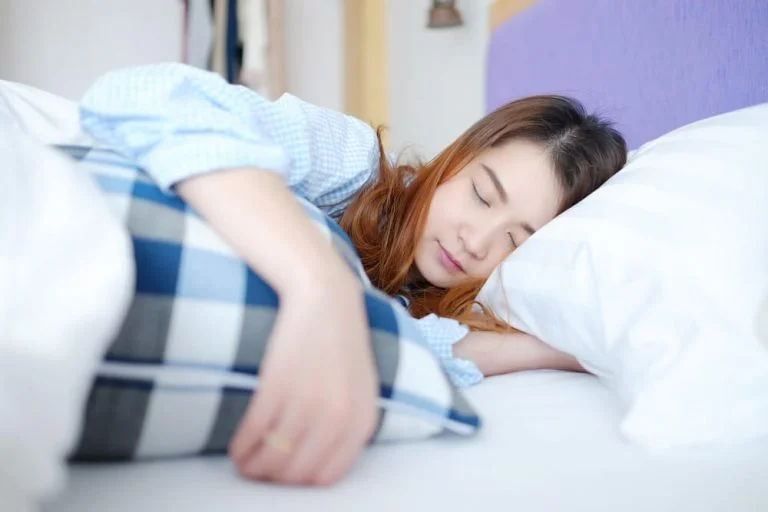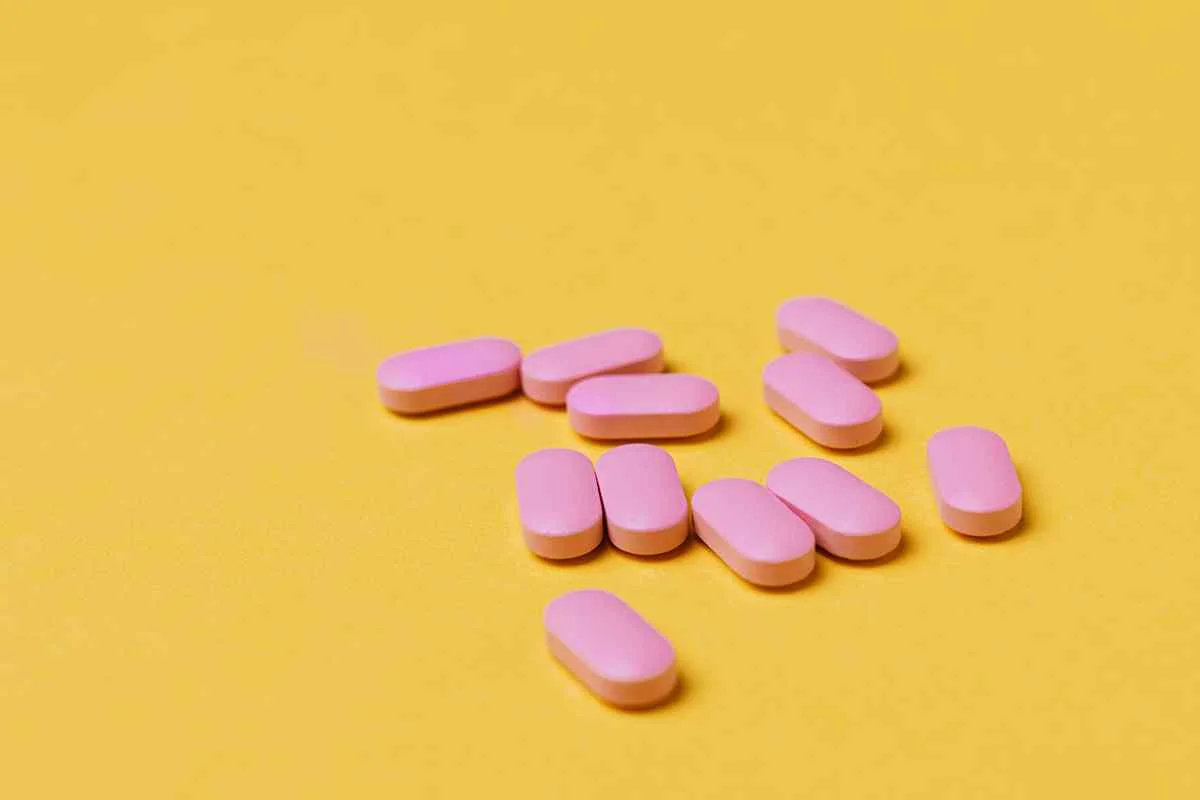Dangers of Sleeping Pill Withdrawal
Some people may not be aware that sleeping pills are addictive. Continued misuse of the substance can result in a habit-forming addiction. Widely used, sleeping pills are an effective way to treat insomnia and anxiety; however, prescription sleeping pills are often abused because of the euphoric effect that they can induce. Around half a million people abused drugs such as sleeping pills in 2015, according to SAMHSA. Sleeping pills include hypnotic aids, barbituates and benzodiazepines. Once a person becomes addicted to the substance, they have to deal with sleeping pill withdrawal symptoms and likely go through addiction treatment before they can properly rid themselves of sleeping pills.
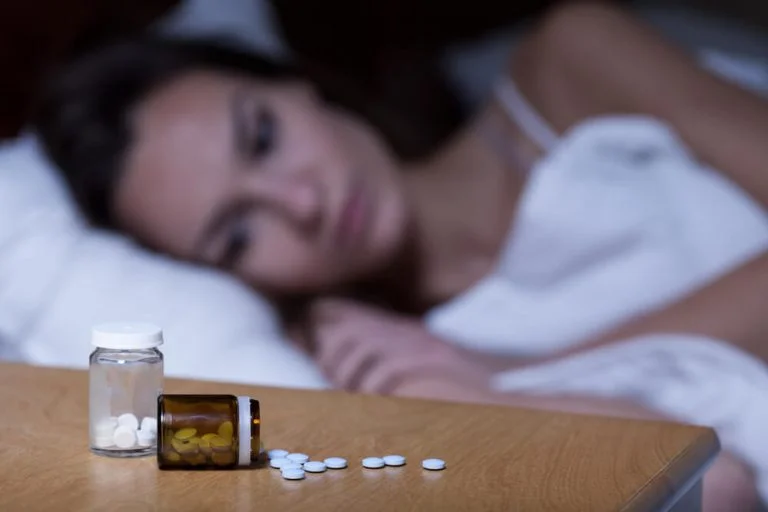
Medical Detox – Dangers of Sleeping Pill Withdrawal
In this article, we will look at what sleeping pill withdrawal is and how to get help.
Why Are Withdrawal Symptoms So Hard To Deal With?
Sleeping pill withdrawal can be difficult to deal with due to the physiological and physical effects it has on your body. The insomnia that it can cause, known as “rebound insomnia”, can last for several days and with the return of anxiety and panic attacks, the person may be very tempted to use sleeping pills again. The cravings that a person has is one of the reasons why getting off sleeping pills cold turkey is so difficult.
However, getting off sleeping pills cold turkey does not have to be a struggle if you make use of medical detox programs that are designed to reduce the symptoms and make them more manageable. This is achieved with medications. The entire experience is much more palatable, making it easier to begin your next step: sleeping pills addiction treatment.
Withdrawal Symptoms
Withdrawal symptoms happen because of how the body changed during the abuse period. Continual misuse of sleeping pills causes the body to try and adjust to the presence of the substance but when use stops, this imbalance can cause the withdrawal symptoms that are commonly experienced.
Sleeping pill withdrawal symptoms usually take around 24 hours before they become apparent. The entire detoxification stage can last up to three weeks. Symptoms may also vary in each person due to the severity of their abuse, their health status and possible co-occurring mental disorders. The symptoms of withdrawal that are most commonly experienced can be broken into two parts: physical and behavioral symptoms. They are as follows:
Behavioral Symptoms
The symptoms that affect a person’s behavioral negatively during detox from sleeping pills include anxiety, insomnia and depression. The levels of the symptoms can be severe.
Physical Symptoms
Physically, a person can have several severe symptoms including nausea, seizures, fever and delirium. The person’s heart rate becomes irregular and their pulse can race. Heavy sweating and shaky hands are other common symptoms. Headaches are also commonly reported.
Sleeping Pills Addiction Treatment
As far as the treatment of withdrawal symptoms goes, a medical detox is the ideal solution to addiction treatment, at least as a start.
A medical detox for sleeping pills uses medications to help with the symptoms. These medications can be over-the-counter to help with things such as headaches and nausea while other prescription medications can be used to treat more severe symptoms such as anxiety and panic attacks.
During the detox period, the patient remains under constant supervision. This is not only to ensure that their negative experiences are minimized through medications, but also to ensure that the symptoms do not cause medical problems, such as a heart condition being affected by the elevated heart rate.
Once the medical detox is complete in roughly three weeks, the patient can then start further addiction treatment. This is necessary to avoid relapse.
If you or a loved one is struggling with addiction, get help right away. Make a phone call that will connect you to a professional drug treatment center. The call you make may save your life or the life of someone you love. Call us today at (800) 429-7690.

